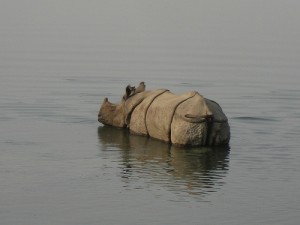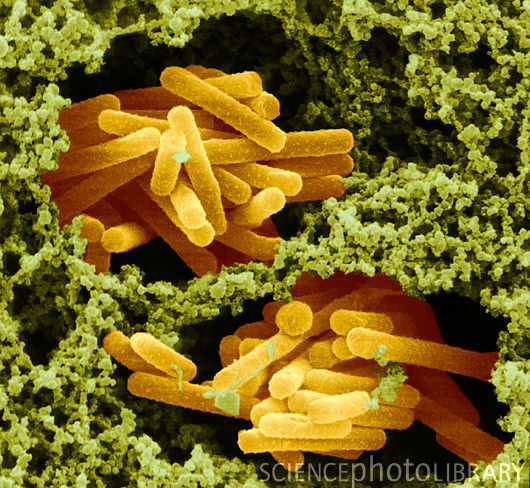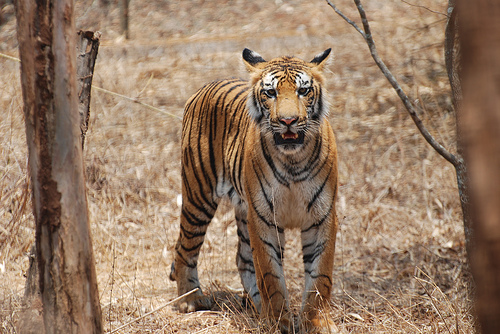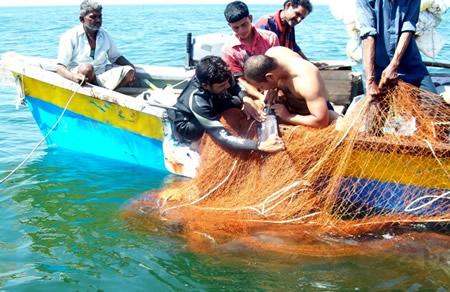 India’s Kaziranga national park is a world heritage site and a park that is home to at least 15 of India’s threatened mammal species including the one horned Rhino. But now the forest officials are concerned that the animals are being threatened by increased plastic waste and other solid waste strewn all over the protected forest grounds.
India’s Kaziranga national park is a world heritage site and a park that is home to at least 15 of India’s threatened mammal species including the one horned Rhino. But now the forest officials are concerned that the animals are being threatened by increased plastic waste and other solid waste strewn all over the protected forest grounds.
State officials says that the recent animal deaths recorded at the sanctuary including that of tigers, elephants and birds is mostly due to the garbage like polythene bags strewn all over the park. Growing squatters from across the Bangladesh border and dhabas (small road side eateries) are only adding to the mess created in the forest.
The officials also claim that poachers from Bangladesh are a growing menace as they hunt for rhinos to earn some quick bucks by selling the parts in China.
“Few days back, some bird species and other endangered animals have died in the fringe area of the park due to some unknown disease. Besides, many rhinos have been killed by poachers, who have illegally settled inside,” said D Singh, sub-divisional magistrate, Bokakhat.
Kaziranga National Park in Assam has the world’s largest population of Indian rhinoceros and elephants. The presence of garbage, especially non-biodegradable plastic waste is a serious threat to these animals as the plastic may easily interfere with their digestive system if eaten and cause extreme pain and death.
Singh says that the major threat are the hotels and resorts in the periphery of the park.
“Notices have been issued to hotel and dhaba owners to stop dumping solid waste like thermocool, plastic wares, wine bottles and poly bags, and show us evidence of an effective waste management system, failing which we would take necessary action,” Singh said. Most of these hotels and dhabas do not have environment clearance from state agencies, he added.
He also added that the resorts also cause sound pollution and disturb the peaceful ambience needed for forest animals to survive by playing high decibel music. Most hotels he says do not have any proper solid waste management system and their garbage is simply dumped in the adjoining forest areas.
Debjyoti Bhuyan, a local Youth Congress leader also added that Bangaldeshi immigrants have illegally started living in the forest and now provide shelter to poachers.
“Taking advantage of vote politics, these squatters are now demanding patta (land-ownership papers) at Kaziranga park. They threaten to block the NH-37 if their demand is not met,” an official in the local sub-division administration said, requesting anonymity.
The problem of squatters has grown so much that according to some locals, they even have cleared forest land adjacent to Kohora range of the park.
And why can’t the government stop the intrusion?
“These areas belong to the autonomous Karbi-Anglong district and the Assam government has little say,” the official said.
As a world heritage site it is a greater responsibility for India to look after the Kaziranga protected area and the safety of the wildlife within its boundaries. If the problem of squatter and waste disposal grows, this rhino haven could lose the world tag as well as the animals that make the area so unique.





